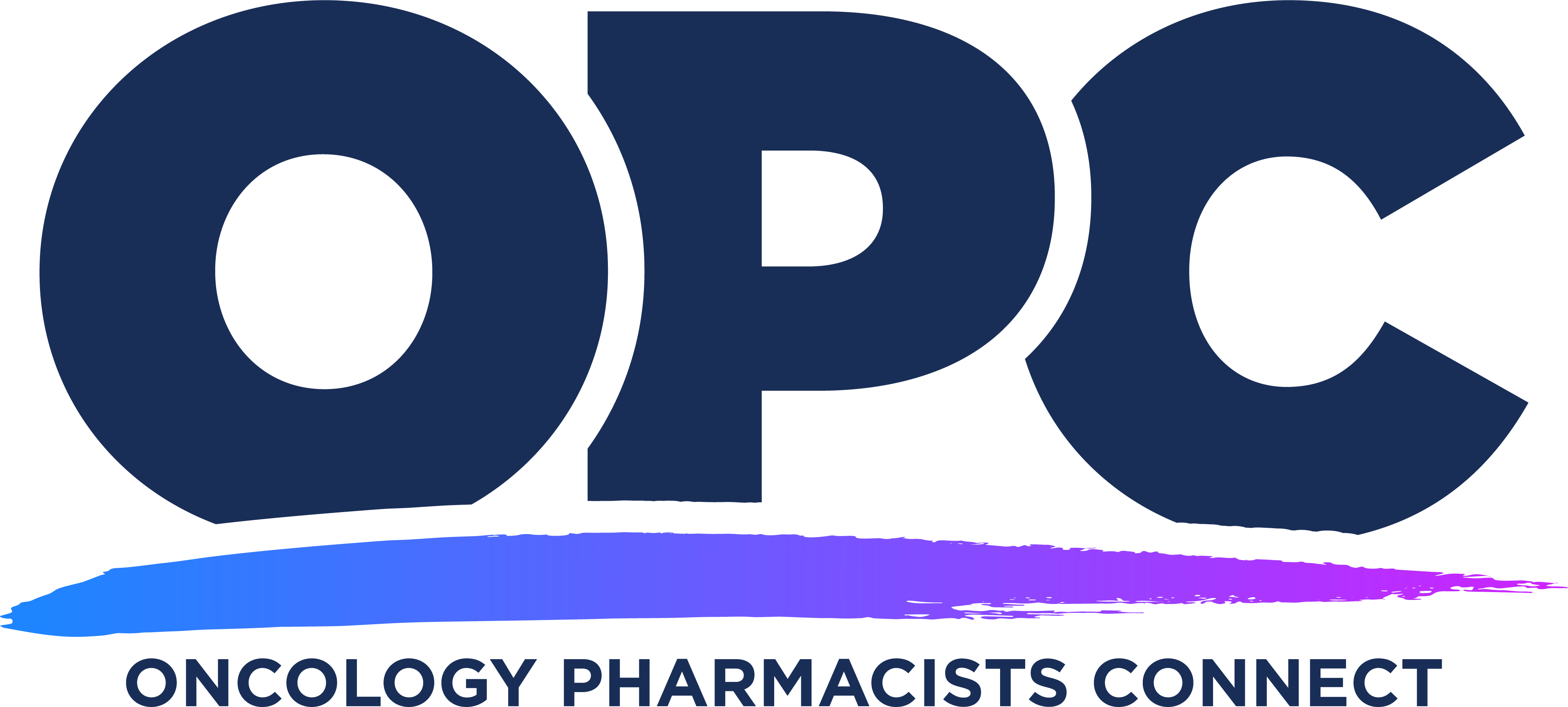
Pharmacy Practice in Focus: Oncology
- June 2025
- Volume 7
- Issue 4
OPC 2025: You Shall Not Pass: Pharmacist Review of Drug-Herb Interactions in Cancer Treatment

Key Takeaways
- Herbal supplement use among cancer patients on oral therapies is prevalent, risking drug-herb interactions that affect treatment efficacy and safety.
- Pharmacists, through medication reconciliation, are essential in identifying and managing risks, with interventions widely accepted by providers and patients.
This abstract will be presented at the Oncology Pharmacists Connect (OPC) meeting in Austin, Texas, from June 19 to 20, 2025.
The increasing use of herbal supplements among patients undergoing cancer treatment, particularly those on oral therapies, presents a significant and often unaddressed challenge in oncology care. Despite the potential for harmful drug-herb interactions that can compromise treatment efficacy and patient safety, many patients do not disclose their supplement use to their health care providers.
This study aims to shed light on the prevalence of herbal supplement use within this vulnerable population, assess the role of oncology pharmacists in identifying and managing associated risks, and ultimately propose a framework for improving patient safety. A total of 40 different herbal supplements were identified, and use was primarily through medication reconciliation. Pharmacist interventions were accepted both by providers and patients (94%). The findings from this research will be presented at the
Abstract
Background
Herbal supplement use is common among patients with cancer on oral therapies, yet many do not disclose it, increasing the risk of drug-herb interactions. This study examines herbal supplement prevalence, pharmacist interventions, and their impact on oncology treatment safety.
Materials and Methods
A survey-based observational study was conducted at the UC Davis Comprehensive Cancer Center. Data collection spanned January 2020 to March 2023. Oncology pharmacists recorded herbal supplement use among patients with cancer on oral therapy, including the type of herbal supplement, disclosure method, and intervention acceptance. Literature reviews were performed on the 5 most frequently used herbal supplements to evaluate their safety, efficacy, and potential drug interactions.
Results
Among 100 patients surveyed, 40 different herbal supplements were identified, with curcumin (17%), reishi mushroom (7%), and quercetin (6%) being the most common. Pharmacists identified herbal supplement use primarily through medication reconciliation (57%), with provider (37%) and nurse (6%) reports accounting for the remainder. Pharmacist interventions were universally accepted by providers (100%) and highly accepted by patients (94%). Key drug-herb interactions included CYP enzyme alterations, potential impact on drug metabolism, and increased bleeding risk. Finally, we provided a framework for assessing herbal supplement safety in oncology patients based on these findings.
Conclusion
Herbal supplement use in oncology patients is prevalent and can impact treatment efficacy and safety. Pharmacists play a key role in identifying and mitigating risks through medication reconciliation and education. Standardized screening and further research are needed to optimize patient safety.
About the 2025 OPC Meeting
At this year’s OPC meeting, attendees will have the opportunity to showcase clinical research and practice management insights or explore the latest advancements in oncology pharmacy during the poster session and networking reception. These events foster innovation, collaboration, and professional growth within the oncology pharmacy community. Participants can present their work, exchange ideas, and connect with leaders in the field during these networking opportunities.
Prior to the start of OPC on June 19, participants are invited to attend the Hematology/Oncology Pharmacy Association (HOPA) BCOP Program in person on June 18. HOPA has selected 4.0 CE hours from BCOP Updates 2024 and the Annual Conference 2025, featuring topics such as acute leukemia, cellular therapy for solid tumors, and the pharmacist’s role in serious illness conversations. Additional information is available
Articles in this issue
Newsletter
Stay informed on drug updates, treatment guidelines, and pharmacy practice trends—subscribe to Pharmacy Times for weekly clinical insights.


























